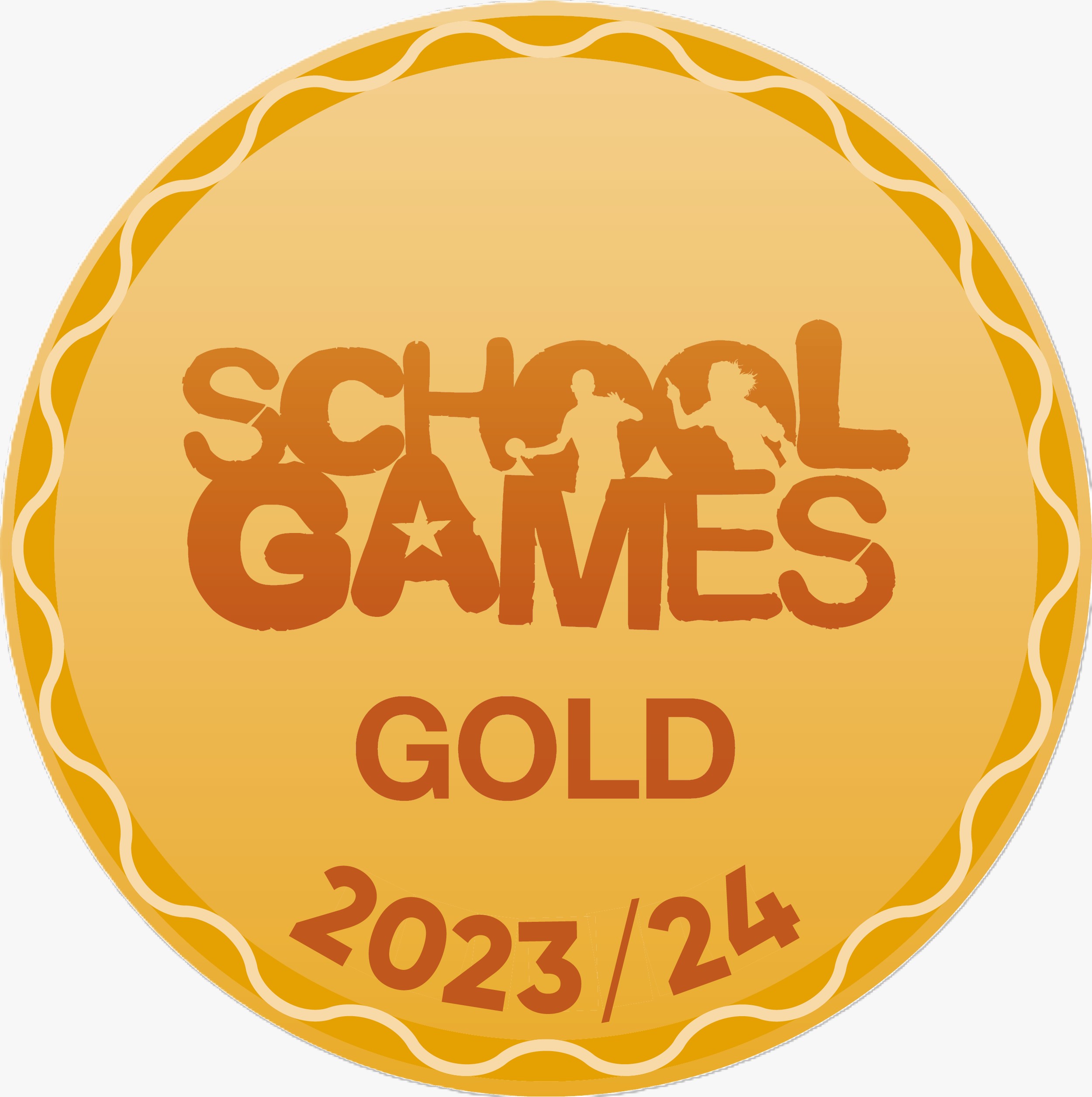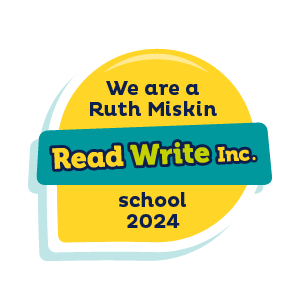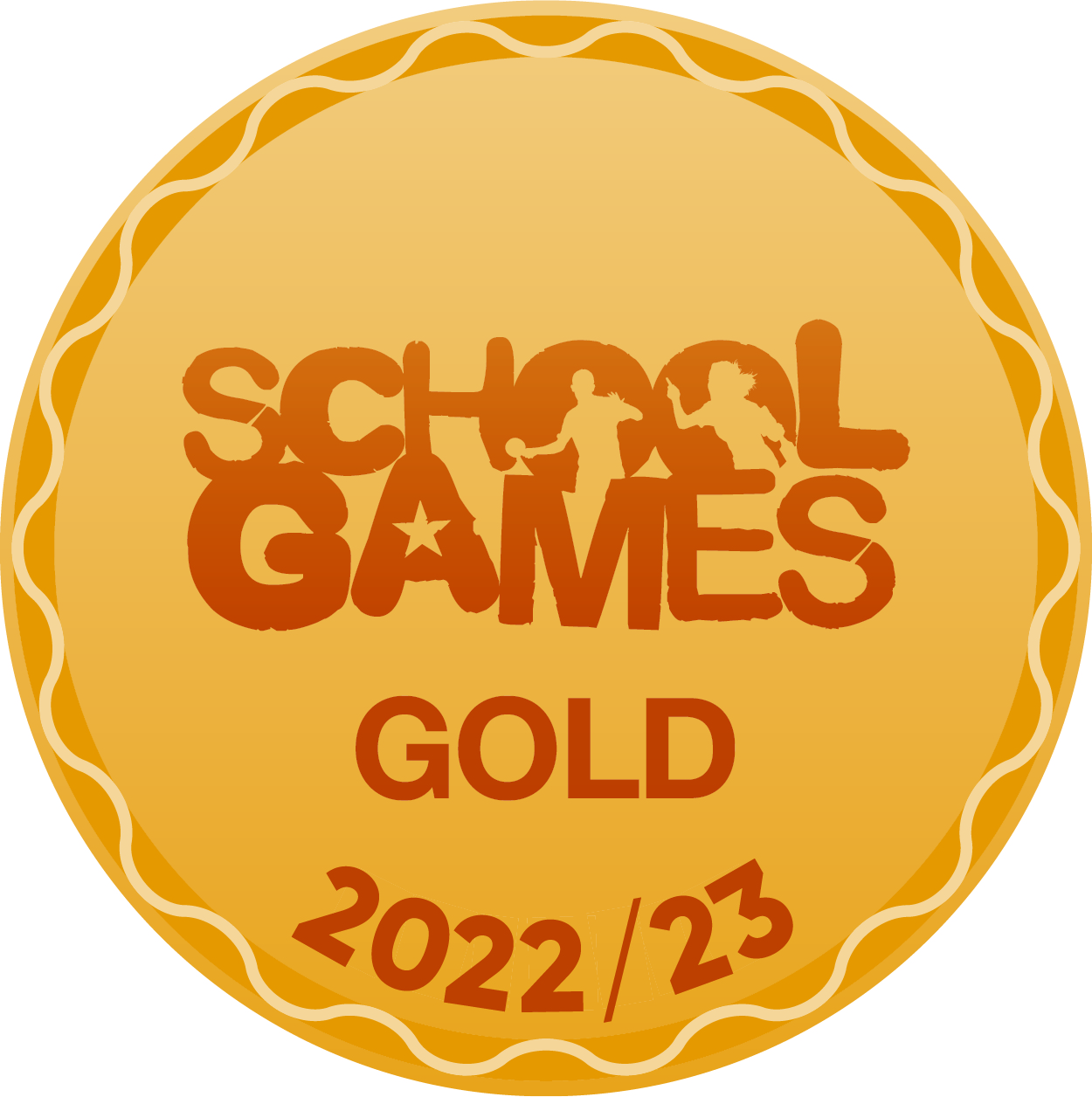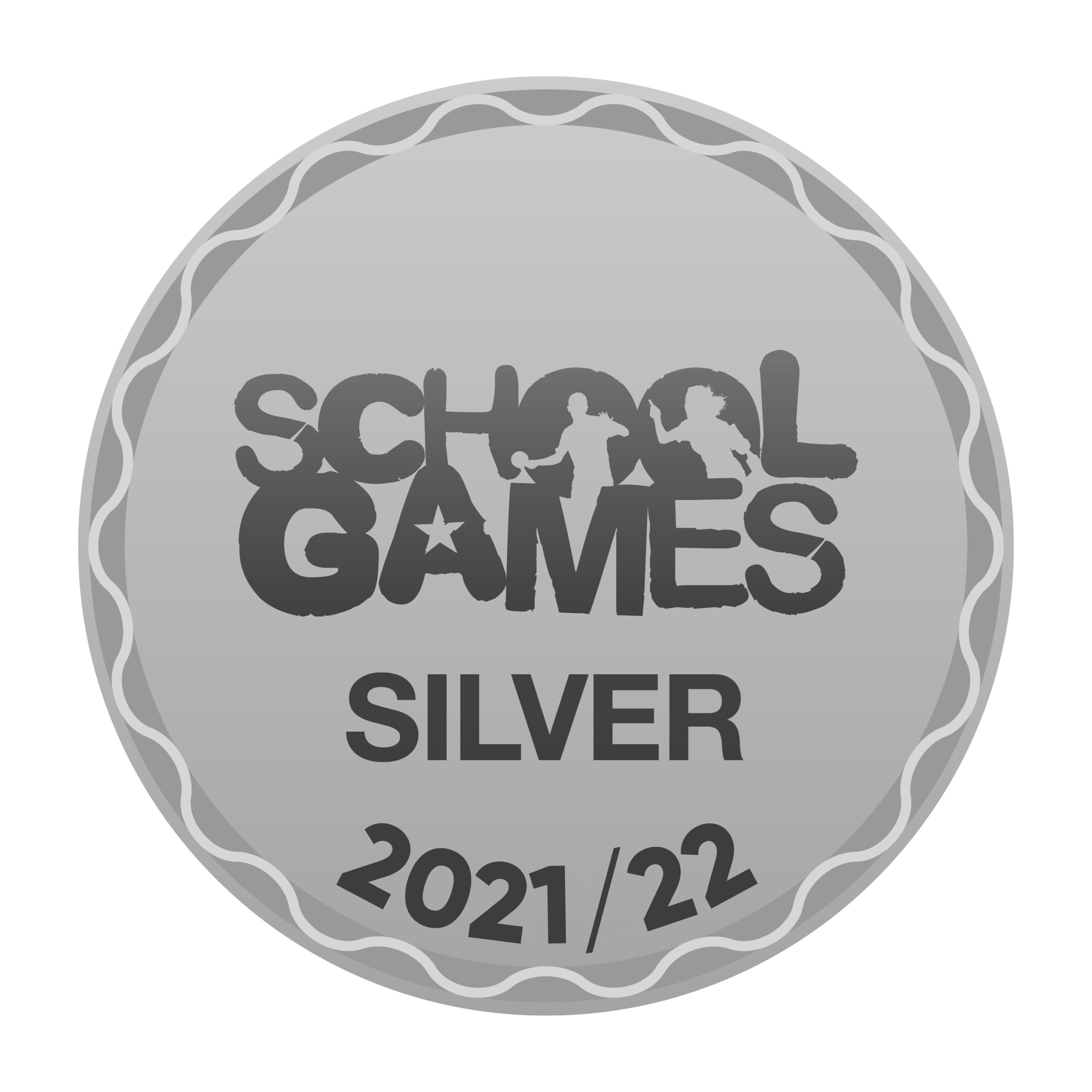Writing
How we teach Writing at Whale Hill Primary
INTENT
At Whale Hill we want our pupils to understand the power of the written word – and use it. Our role is to teach children to write independently and expressively. We want them to write clearly, accurately and coherently, adapting their language and style in, and for, a range of contexts, purposes and audiences. We provide our children with the tools to write for a variety of audiences and purposes (to entertain, inform and persuade) and equip them with the building blocks necessary for secondary school.
IMPLEMENTATION
Writing is one of life’s pleasures and one of life’s necessities. There are 2 main elements to writing:
- secretarial – the mechanics of writing; Phonics & Spelling, Punctuation & Grammar (SPaG) letter formation and handwriting
- authorial (content) – what you want to say, in the best way possible way; planning, drafting and editing & revising.
IMPACT
The success of our writing curriculum, will be seen when children become writers. They will demonstrate an obvious enjoyment of writing, discussing the choices they have made in their work. They will be able to write not only for pleasure and to express themselves, but to achieve a purpose too; as well as a means of acquiring and demonstrating knowledge in all other subject areas; and to facilitate their everyday life.
For children working at greater depth level, a natural flair for writing and authorial techniques will be obvious within their body of work.
The pupils will demonstrate their ability and understanding in writing through pupil voice, through their knowledge of the discrete elements of writing (SPaG) and through the pieces of writing they produce.
Characteristics of a writer
- Rehearse orally what is to be written
- Write for purpose
- Communicate ideas clearly
- Use the rules of punctuation, spelling and grammar
- Consciously choose and use leant techniques of punctuation and grammar for effect
- An expanding knowledge of rich vocabulary
- Bring a wider general knowledge or imagination to their writing
- The ability to edit and revise to improve accuracy or effect
- Take risks
Spelling
EARLY WRITING
- The RWI programme allows children to become writers.
- From Reception, children are taught to hold, practise and rehearse a sentence before writing it (Hold a sentence).
SPELLING
- They learn to spell quickly and accurately by applying their phonic knowledge.
HANDWRITING AND PRESENTATION
- They are taught the RWI mantras for handwriting to help them form letters correctly.
- Handwriting is practised daily.
- From Y1, children take part in an additional daily writing session linked to a high-quality and engaging text. Here we model and share collaborative writing to demonstrate good practice.
KEY STAGE TWO WRITING
Children develop a greater sense of ownership over their writing as they move into Key Stage Two.
SPELLING
- Spelling is taught daily in a fifteen-minute lesson following the RWI spelling scheme. -Children are given weekly spellings to take home and learn.
HANDWRITING AND PRESENTATION
- The RWI scheme for handwriting taught in KS1 is continued in Key Stage Two. -Handwriting is practised in English lessons as determined by the class teacher.
- Bubble writing is used as a handwriting intervention for pupils needing extra support in this area.
- Pen licenses are awarded to children who have consistently shown high standards of handwriting in all lessons.
Learning to spell is crucial to writing. This begins in the Early years, with the pupils learning Phonics. Through the teaching and learning of phonics, children learn to hear sounds and to represent them with letters; they learn to segment words into phonemes and to build and blend phonemes into words. The skills of segmenting and blending also supports the children’s spelling ability. Alongside this, pupils are taught common exception and tricky words which do not follow a pattern – these are learnt by sight.
Towards the end of the RWI programme, when the pupils have a secure phonic understanding, the focus moves to spelling patterns and rules.
From Year 2 to Year 6, we use the RWI Spelling Scheme, which follows the guidance for spelling, as set out in the National Curriculum. Pupils will bring home spellings to learn, as appropriate.
PUNCTUATION
Once children can build and spell individual words, they are taught the conventions of punctuation and grammar in order to write simple sentences. In Reception, the pupils are taught to start a sentence with a capital letter and end with a full stop. They then progressively learn other punctuation until they can master the full range, in Year 6. From KS1, pupils are taught to proof read and edit their use of punctuation.
GRAMMAR
For writing to make sense and to flow, the pupils are taught the conventions of grammar. Pupils learn the function of different word classes and their place, and role, within a sentence. They can then progress from the writing of simple sentences, to being able to create compound and complex sentences, combined into coherent pieces of writing, presented in paragraphs.
KEY STAGE TWO PUNCTUATION AND GRAMMAR
- All Key Stage Two classes follow the Classroom Secrets grammar and punctuation scheme of work.
- Grammar and punctuation is taught daily in class with children beginning the year with recapping the key ‘ready to write’ features and then progressing on to learning new concepts.
- Children are given opportunities to apply their grammar and punctuation learning to their writing.
VOCABULARY DEVELOPMENT
The National Curriculum makes clear that learning vocabulary is key to ‘learning and progress across the whole curriculum’ (p11) since it allows pupils to access a wider range of words when writing and for them to understand and comprehend texts efficiently. Vocabulary teaching needs to be:
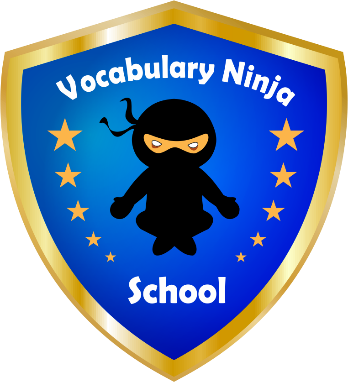
- Active
- Progressive/ systematic
- Making links from known words
- Develop understanding of shades of meaning
- Include ‘instruction verbs’ used in examinations
- Subject specific- accurate mathematical and scientific words
- Strategies to help children clarify meaning.
In Key Stage Two, children are taught a daily Word of The Day as part of the Punctuation and Grammar section of their English lesson. This new vocabulary is given in the context of a sentence as an opportunity for children to initially use their inference skills to try and decipher the meaning of the word. After this, children look the word up independently using a dictionary and then copy down the definition and synonyms and antonyms of the word in their Sentence Books. Children have their sentence books available to them at all times in English lessons and use these as vocabulary banks when writing.
WRITING IN LESSONS
Early writing begins with mark making and patterns and children wanting to share what they have to say through writing. They are then taught about letters and letter strings to represent sounds and how to combine these into words; from here they combine words into simple sentences and their writing journey has begun.
As pupils progress into KS1, they continue to be taught and practise the mechanics of writing whilst beginning to learn the features of different genres, in order to write in a particular style. Genres are introduced progressively in specific year groups and build on previous learning.
- From Y1, children take part in an additional daily writing session linked to a high-quality and engaging text. Here we model and share collaborative writing to demonstrate good practice.
English lessons often centre around a quality children’s book, and writing activities are often linked to these texts. On other occasions, topics in other subjects (e.g. History or Geography) may provide the stimulus for writing. When learning to write in a particular genre, the model below is followed within a sequence of lessons:

KEY STAGE TWO WRITING PROCESS
- The writing process begins with children exploring the genre of writing they are focussing on. Children will analyse a model text of the genre (often these are written by teachers using the current Guided Reading text as material or they are high quality texts taken from Grammarsaurus) and complete interrogation questions to ensure they have a thorough understanding of the language and grammatical features.
- Children will have identified the features in this model text and at least one more and feel confident with the genre and purpose of the writing.
- Children will plan out their writing (sometimes this will just be one paragraph, other times a multi-paragraphed piece of work). For independent writing, children will plan their work independently.
- The class will look at writing sentence types to suit the genre and apply the grammatical and literary features identified in the model texts. If this is not independent writing and the class teacher feels it is necessary, shared or guided writing will take place of a paragraph or section of a paragraph.
- Children will then write their piece of writing uninterrupted.
- Children will proof-read and edit their writing independently and in partners. Any editing will be done in green pen. Time and onus is given to editing to teach children that this is a vital part of the writing process.
WRITING DOCUMENTS
Medium Term Planning to follow


